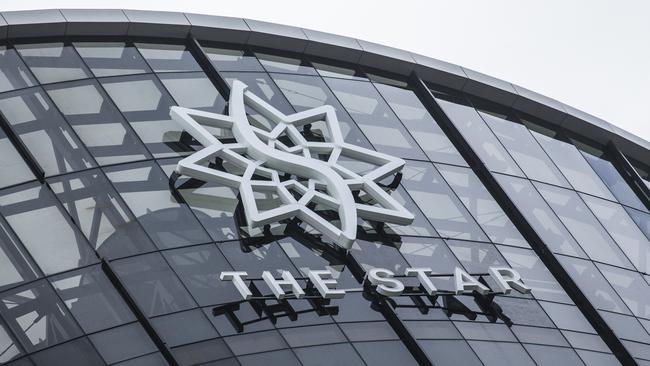
One of the big challenges ahead for the UBS Australian investment bankers in the weeks before December will be drumming up a $150m convertible bond deal for Star Entertainment that satisfies the needs of its lenders.
As previously reported, Star gets $100m of new debt from its lenders up front and a second $100m by December only if it can meet certain conditions, one of which involves securing an additional subordinated loan – namely a convertible bond or convertible note where fixed income debt that pays interest can be converted into equity – after already raising equity twice in the past two years.
UBS has been brought in to assist Star, which owns casinos in Sydney, Brisbane and the Gold Coast, after incoming boss Steve McCann cleared the decks with its previous suite of advisers – which included rival Barrenjoey, whose major investor Barclays is Star’s lender, and law firm King and Wood Mallesons.
It seems logical that UBS will have been trying to secure a $150m convertible note that is needed since August, when shares were halted, but once the shares come back on the market the challenge becomes far greater.
Earlier, Oaktree Capital Management and others showed interest in offering assistance.
Some are betting that the stock, currently halted at 45c with a $1.3bn market value, will trade between 10c and 30c, so any deal would provide less value for the company than earlier.
An announcement around a licence approval won’t move the needle, because it’s considered a given, and shareholders are more worried about the $1.6bn still owing on its $3.6bn Brisbane Queen’s Wharf casino development and whether Asian co-investors Chow Tai Fook and Far East Consortium will come to the rescue with more equity.
Meanwhile, the move to insert “super senior” loans with an AAA rating into the corporate debt stack is something more common in the US, but we are starting to see it more in Australia on restructuring jobs.
Lenders put themselves into the game above existing senior lenders, and they are the first to be paid back in a default.
It happened with last year’s recapitalisation of GenesisCare, involving Oaktree Capital Management.
The reason why it could occur in this instance is that the super senior lenders – first providing Star a $100m lifeline, before offering a future $100m subject to conditions – are largely the existing financiers of its original $300m term loan and $150m credit revolving facility.
Only $34m of the CRF was drawn, and the rest was cancelled.
The nine original lenders providing $300m and the CRF include Macquarie Group, Deutsche Bank, Soul Patts, Perpetual, Barclays, Regal and ARCM and Westpac.
Westpac, which was one of the banks that offered the CRF, has provided only a small portion of the super senior debt which was allocated among all the financiers on a pro rata basis, and now sees Star pay back loans at an interest rate of 13.5 per cent versus 10.35 per cent beforehand.
Star reported $1.7bn of annual revenue for the year to June, $175m EBITDA as earlier flagged and a $1.7bn loss after significant items including regulatory changes



